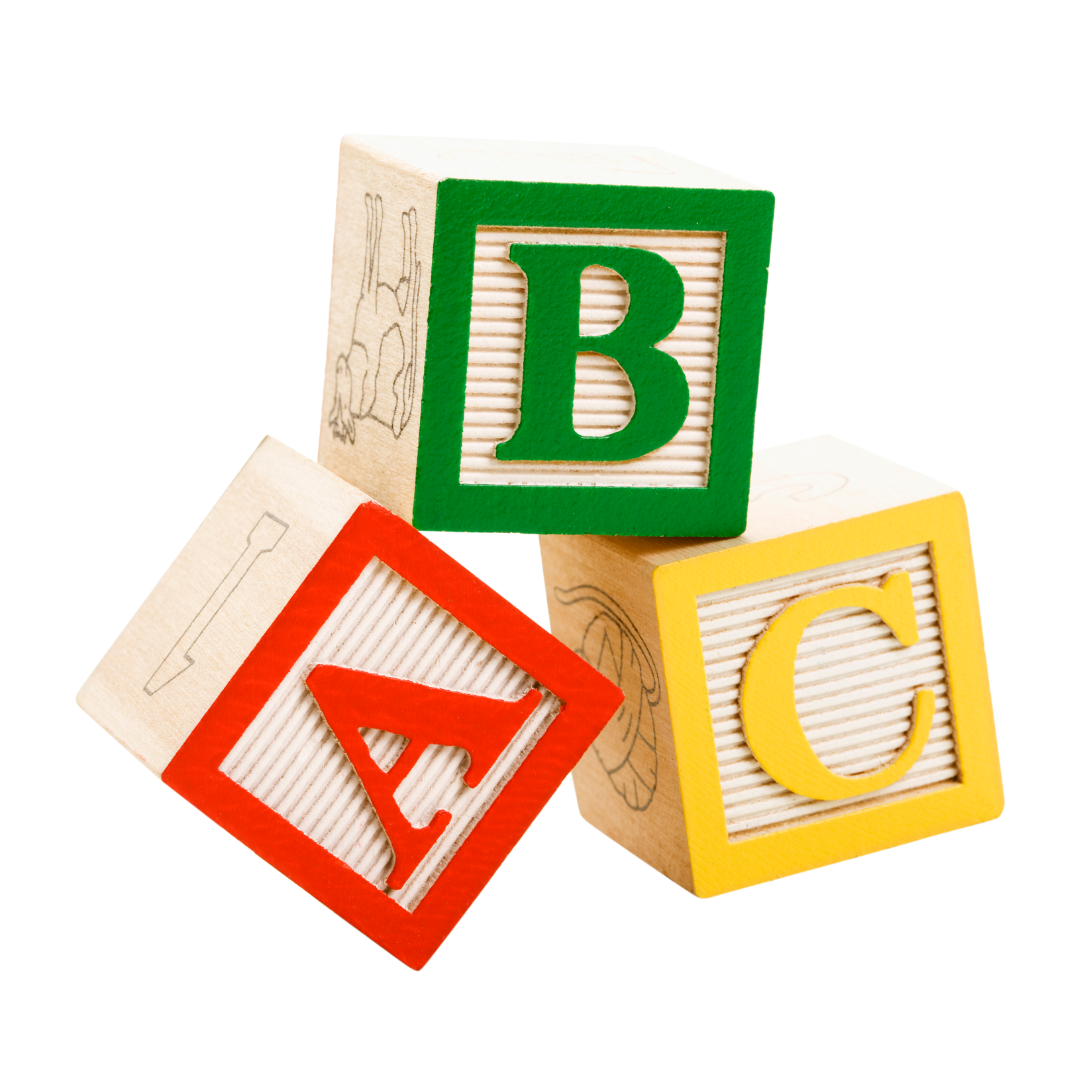In the care sector, managing challenging behaviours is a critical aspect of providing high-quality, compassionate care. It requires not just individual effort but a collective commitment to understanding the root causes of such behaviours and addressing them effectively.
One of the most powerful tools in our arsenal for managing challenging behaviours is the Antecedent-Behaviour-Consequence (ABC) chart. This blog post will delve into how ABC charts can be utilised to manage behaviour, emphasising the importance of teamwork, collaboration, and a person-centred approach.
ABC charts are a systematic method used to gather information about a particular behaviour. The chart helps carers and healthcare professionals to understand the sequence of events that lead to certain behaviours by breaking down the situation into three components:
- Antecedent: What happened immediately before the behaviour occurred?
- Behaviour: What is the specific behaviour that was observed?
- Consequence: What happened immediately after the behaviour?
By analysing these components, care teams can identify patterns and triggers for challenging behaviours, leading to more effective management strategies.
Managing challenging behaviours in the care sector is not a solo mission. It requires the collective efforts of an entire care team, including carers, nurses, therapists, and family members. Teamwork and collaboration are crucial because they ensure that:
- Consistent Care: Consistency in approach across all team members reduces confusion and provides a stable environment for the individual.
- Diverse Perspectives: Different team members can offer unique insights into the antecedents and consequences of behaviours, enriching the analysis.
- Comprehensive Support: A collaborative approach ensures that all aspects of the individual's care, including physical health, mental health, and social needs, are addressed.
At the heart of managing challenging behaviours is the person-centred approach. This means that care plans and interventions are tailored to the individual's unique needs, preferences, and life history. ABC charts are instrumental in facilitating a person-centred approach by:
- Highlighting individual triggers and preferences.
- Allowing for the development of personalised strategies to pre-empt or respond to challenging behaviours.
- Encouraging the involvement of the individual in their own care planning, to the extent possible.
Scenario 1: Agitation in Dementia Care
In a care home, the common area often becomes lively with various activities and social interactions. However, for an individual with dementia, this environment can sometimes be overwhelming. One afternoon, as the noise levels in the common area increased with the arrival of more visitors and the initiation of a group activity, a particular individual with dementia began to show signs of agitation. This agitation manifested as yelling and a clear desire to leave the area. The staff, recognising the distress, quickly intervened by guiding the individual to a quieter space, where they gradually calmed down.
ABC Breakdown:
Antecedent: The increase in noise levels in the care home's common area due to visitors and group activities.
Behaviour: The individual with dementia becomes agitated, as evidenced by yelling and restlessness.
Consequence: Staff respond by moving the individual to a quieter area, where they become calmer.
Scenario 2: Refusal to Participate in Activities
Consider a resident who typically enjoys the social aspects of care home life but has recently started refusing to leave their room for group activities. This change in behaviour coincided with the introduction of a new weekly group activity that involves a larger number of participants and more physical movement than previous activities. Each time the activity is announced, the resident insists on staying in their room, missing out on the opportunity for social interaction and physical exercise, which are crucial aspects of their care plan.
ABC Breakdown:
Antecedent: The announcement of a new, larger group activity that is different from the resident's usual preferences, particularly in terms of size and physical demands.
Behaviour: The resident refuses to leave their room to join the group activity, a departure from their usual willingness to participate in social events.
Consequence: The resident misses out on social interaction and physical activity, which could potentially impact their overall well-being.
Implementing ABC charts requires a commitment to ongoing observation, documentation, and team communication. Here are some steps to get started:
Training: Ensure all team members understand how to use ABC charts effectively.
Observation: Regularly document antecedents, behaviours, and consequences.
Analysis: Collaboratively review the charts to identify patterns and triggers.
Intervention: Develop and implement strategies tailored to the individual's needs.
Evaluation: Continuously assess the effectiveness of interventions and adjust as necessary.
To support care teams in adopting this valuable tool, we are offering a free template ABC chart. This template is designed to be user-friendly, allowing for easy documentation and analysis of challenging behaviours.
Thank you! A new window should open shortly where you can download your free template.



